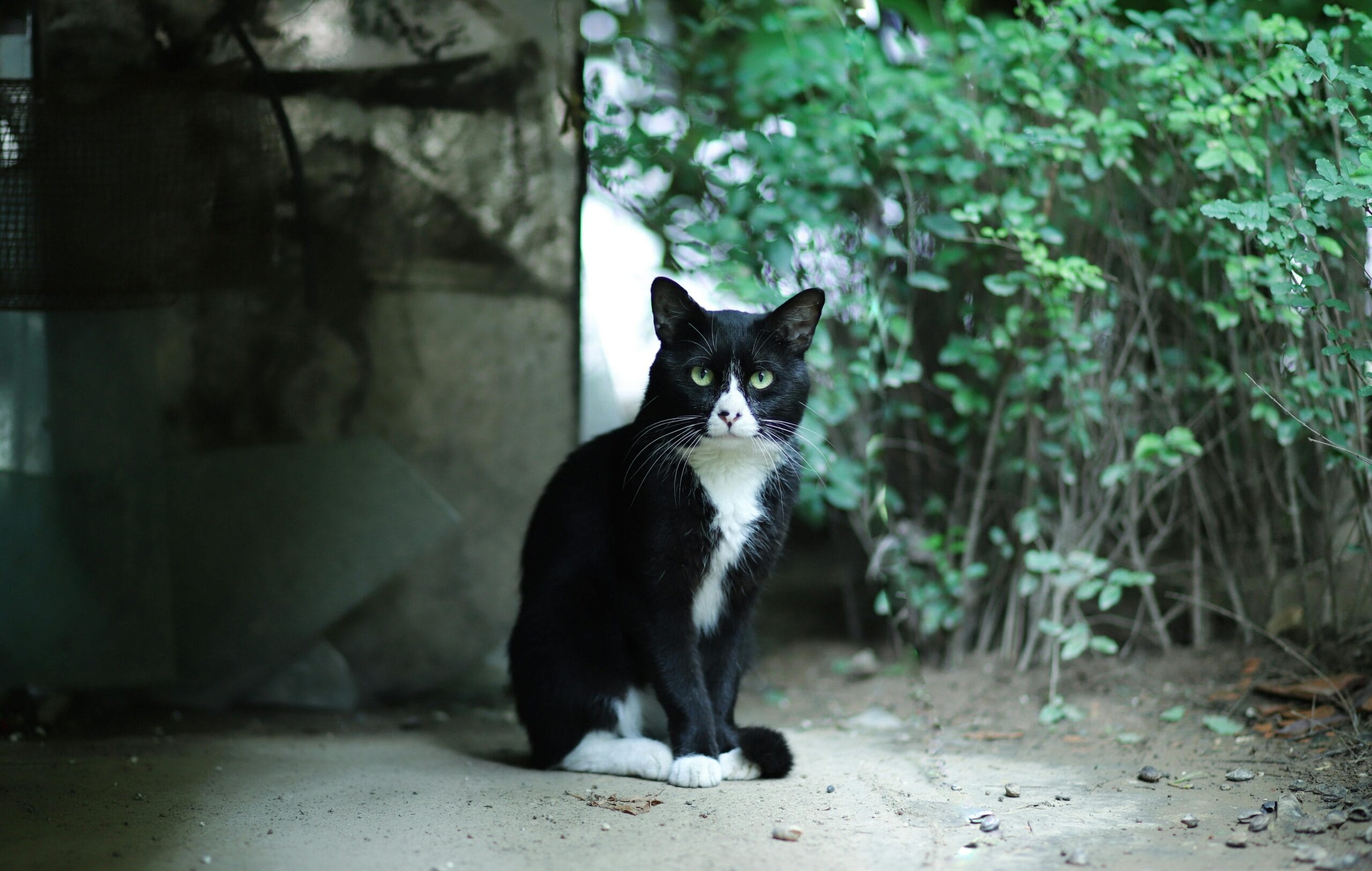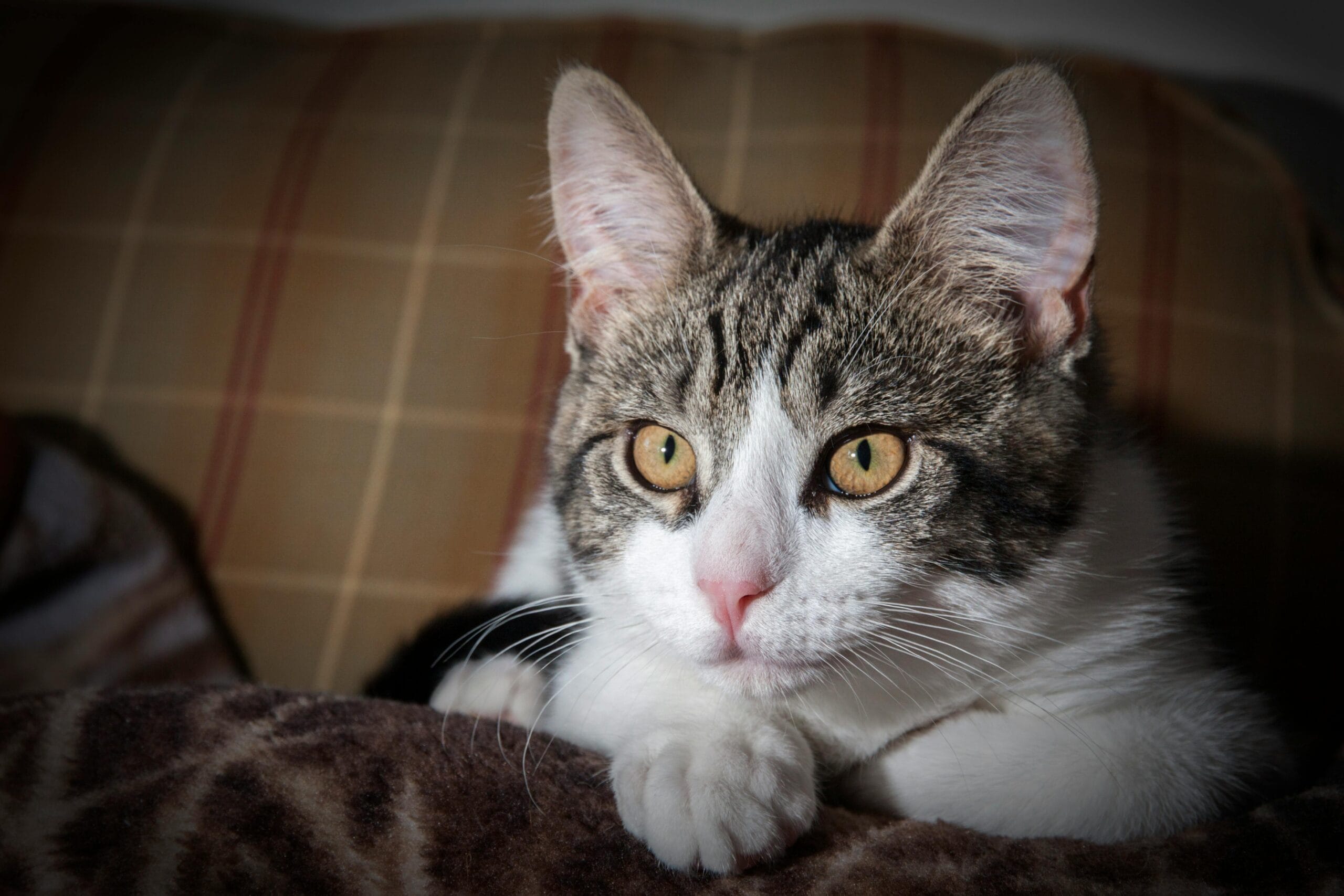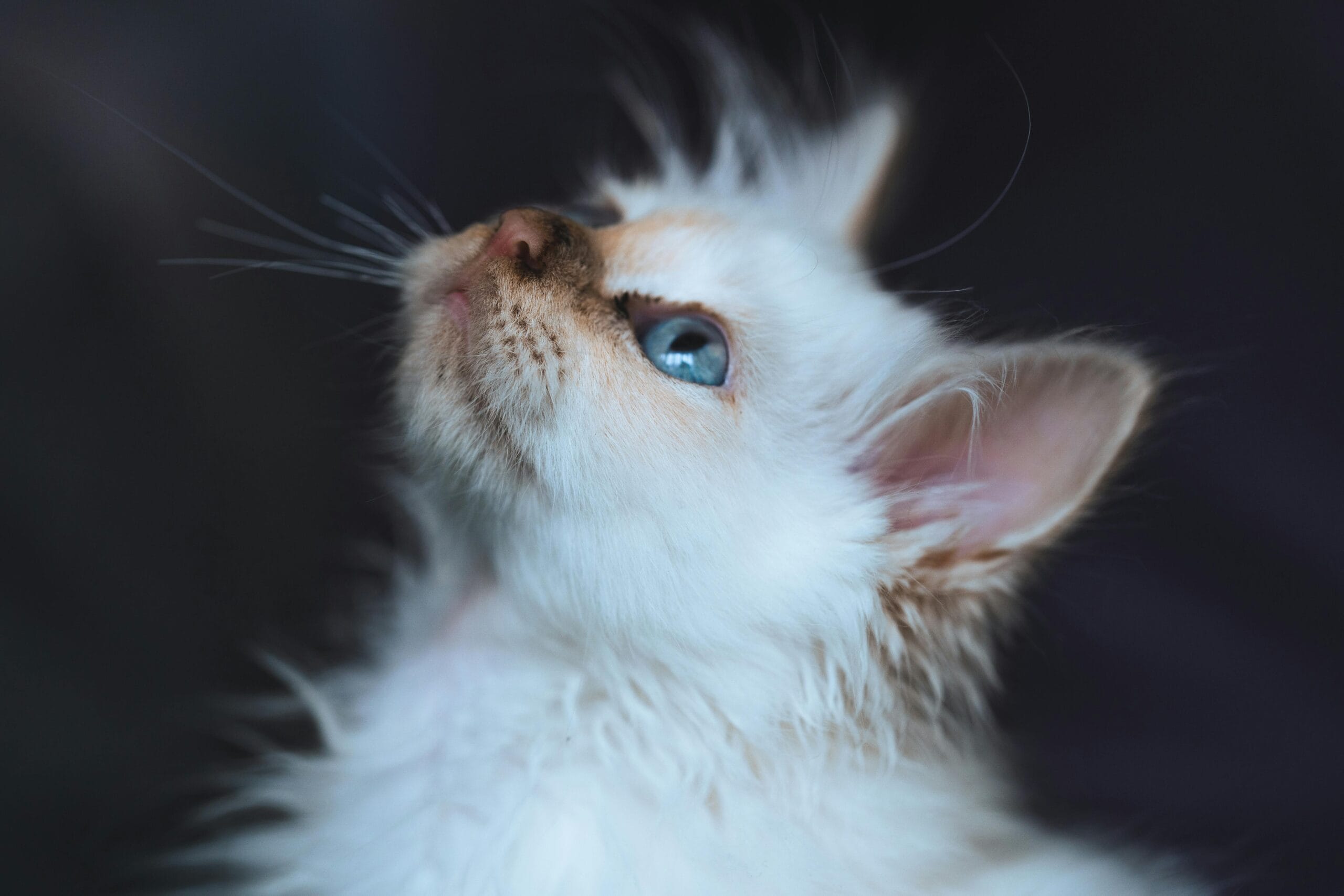Can Kittens Eat Cat Food? Find out the best Kitten Food for healthy growth! Learn essential tips on Feeding Kittens properly. Discover expert advice now!
Can Kittens Eat Cat Food? A Comprehensive Guide to Kitten Nutrition
The question, “Can kittens eat cat food?” is a common one among new kitten owners. While adult cat food might seem like a convenient option, the answer is nuanced and depends on several factors. Understanding the nutritional needs of kittens is crucial for their healthy growth and development. This detailed guide explores the intricacies of feeding kittens and clarifies whether adult cat food is suitable for your tiny feline friend.
Understanding the Nutritional Differences: Kitten Food vs. Adult Cat Food
Kittens have significantly different nutritional requirements compared to adult cats. Their bodies are rapidly growing and developing, demanding a higher concentration of essential nutrients. Kitten food is specially formulated to meet these heightened needs. It typically contains higher levels of protein, fat, and calories than adult cat food, providing the energy needed for their active lifestyle and rapid growth. These nutrients are vital for building strong bones, muscles, and a healthy immune system.
Adult cat food, on the other hand, is designed to maintain the health of a mature cat. It often contains lower levels of calories and fat to prevent weight gain. While some adult cat foods might seem similar to kitten food, they lack the crucial balance of nutrients necessary for optimal kitten development. Feeding a kitten adult cat food for an extended period could lead to several health problems.
Why Kitten Food is Essential for Healthy Growth
The higher protein content in kitten food is critical for building and repairing tissues. Kittens need this to support their rapid growth spurts. The increased fat content provides the energy necessary for their playful energy levels and contributes to healthy brain development. Essential fatty acids, like omega-3 and omega-6, are also more concentrated in kitten food, supporting healthy skin and coat.
Vitamins and minerals are also crucial. Kitten food typically contains higher levels of calcium and phosphorus, vital for bone development. Other essential vitamins and minerals support immune function and overall health. These heightened nutrient levels in kitten food are essential for preventing deficiencies and ensuring healthy growth in the critical early stages of a kitten’s life.
Potential Risks of Feeding Kittens Adult Cat Food
Feeding your kitten adult cat food exclusively can lead to several health problems. Nutritional deficiencies are a significant concern. The lower protein and calorie content might not provide enough energy for their growth, potentially resulting in stunted growth or delayed development. The lack of crucial vitamins and minerals can weaken their immune system, making them more susceptible to illness.
Another risk is the potential for weight loss or failure to thrive. While some adult cat foods might seem acceptable, they are often insufficient in meeting the energy demands of an active, rapidly growing kitten. This can result in a kitten that appears lethargic and underweight. Moreover, certain ingredients in some adult cat foods may not be easily digestible by young kittens, leading to digestive upset.
The Transition to Adult Cat Food: A Gradual Process
Once your kitten reaches adulthood (around 1 year old), you can gradually transition them to adult cat food. This should be done slowly over several weeks to avoid digestive upset. Start by mixing a small amount of adult cat food with their kitten food, gradually increasing the proportion of adult food over time. Monitor your cat closely for any signs of digestive issues during the transition.
Choosing the right adult food is also important. Consider opting for a high-quality brand, similar to those you were feeding your kitten; brands like Weruva are known for their quality, although you should always check your veterinarian’s recommendations.
Choosing the Right Kitten Food: Brand Considerations
The market is saturated with various kitten food brands, making the selection process challenging. Look for foods explicitly labeled as “kitten food” or “for growth and development”. Read the ingredient list carefully; high-quality protein sources (like chicken, turkey, or fish) should be listed prominently. Avoid foods with excessive fillers or artificial ingredients.
Many reputable brands offer excellent kitten food options. You might want to research different brands and see which ones match your kitten’s preferences and dietary needs. For instance, Smalls is known for its fresh and high-quality ingredients.
Different brands cater to different needs; some may focus on sensitive stomachs, while others offer specialized formulas for specific breeds. Researching reviews and consulting your veterinarian can help you make an informed decision. It’s also worthwhile exploring different brands to find one that your kitten happily accepts.
Frequently Asked Questions about Feeding Kittens
Can I feed my kitten wet or dry kitten food?
Both wet and dry kitten foods can be suitable, though wet food often has a higher moisture content, which can be beneficial for hydration. Many veterinarians recommend a combination of both wet and dry food to offer a balance of nutrients and textures.
How much kitten food should I feed my kitten?
The amount of food your kitten needs depends on their age, breed, activity level, and metabolism. Refer to the feeding guidelines on the food packaging as a starting point. Consult your veterinarian for personalized advice on your kitten’s nutritional needs.
My kitten is picky; how can I encourage them to eat?
Some kittens are naturally more finicky than others. Try offering a variety of flavors and textures, and warm up the food slightly to enhance the aroma. If your kitten continues to be uninterested in eating, consult your vet to rule out any underlying medical conditions.
What are some signs of nutritional deficiency in kittens?
Signs of nutritional deficiencies can include stunted growth, weight loss, dull coat, lethargy, weakened immune system, and digestive problems. If you notice any of these symptoms, contact your veterinarian immediately.
Can I give my kitten human food?
Generally, no. Human food is often not appropriate for kittens’ nutritional needs and may even be toxic. Avoid giving your kitten anything from your plate, especially chocolate, onions, grapes, or garlic.
Beyond the Basics: Addressing Specific Concerns
While this guide provides a general overview, individual kittens may have specific dietary needs. For instance, kittens with allergies or sensitive stomachs might require specialized kitten foods. Always consult your veterinarian for advice tailored to your kitten’s individual health and development.
Considering factors like breed size also plays a role. Large breed kittens will have different caloric requirements than smaller breeds. It’s crucial to carefully select food according to the size and breed of your kitten. Ignoring such details can severely impact their growth and overall health.
To further expand your knowledge on specific cat food brands, you can explore our other resources: Is Fancy Feast good for kittens?, Is Sheba cat food good for cats?, and Is Tiki Cat good cat food?. These reviews offer insights into the nutritional content and quality of different brands.
Remember to always check with a veterinarian to ensure the food you choose meets your kitten’s specific needs. For more detailed information on feline nutrition, you can visit the website of the American Veterinary Medical Association and FDA. These authoritative sources offer comprehensive insights into proper feline nutrition.
Conclusion: Prioritizing Your Kitten’s Nutritional Well-being
In conclusion, while the convenience of using adult cat food might be tempting, it’s crucial to understand that kittens have unique nutritional needs. Providing them with specifically formulated kitten food is essential for their healthy growth and development. Remember to always choose high-quality food, monitor your kitten’s progress closely, and consult your veterinarian if you have any concerns.
Share Your Experience!
Have you had experiences with feeding your kittens different types of food? Share your insights and tips on feeding kittens in the comments below. Let’s create a supportive community to help fellow cat owners navigate the world of kitten nutrition! What brands have you tried and what worked best for your little one? What were some of the challenges you faced? Let’s learn from each other!

Frequently Asked Questions: Can Kittens Eat Cat Food?
- Can kittens eat adult cat food?
- While kittens can technically eat adult cat food, it’s not ideal. Kitten food provides higher levels of protein, fat, and essential nutrients crucial for their rapid growth. Feeding kittens adult cat food can lead to nutritional deficiencies. Focus on Kitten Food for optimal development.
- When can kittens start eating cat food?
- Kittens should primarily eat Kitten Food until they are around one year old. After that, a gradual transition to adult cat food can begin, but always consult your veterinarian.
- What happens if a kitten eats adult cat food?
- Eating adult cat food won’t immediately harm a kitten, but long-term consumption can result in stunted growth, weakened immunity, and other health problems. Always prioritize Feeding Kittens a diet specifically formulated for their needs.
- Is wet kitten food or dry kitten food better?
- Both wet and dry Kitten Food offer benefits. Wet food is often more palatable and hydrating, while dry food helps with teeth cleaning. A combination of both is often recommended for balanced Feeding Kittens.
- Can kittens eat human food?
- No, kittens should not regularly consume human food. Many human foods are toxic to cats, and even safe options lack the necessary nutrients for proper kitten development. Stick to Kitten Food.
- My kitten won’t eat kitten food, what should I do?
- Try different brands and flavors of Kitten Food. Warm the food slightly or mix it with a small amount of water or broth to increase its appeal. Consult your vet if the problem persists.
- Can I switch my kitten’s food brand suddenly?
- Sudden food changes can upset a kitten’s digestive system. Gradually transition to a new Kitten Food over 7-10 days, mixing the old and new food in increasing proportions.
- How much kitten food should I feed my kitten?
- Follow the feeding guidelines on the Kitten Food packaging, adjusting based on your kitten’s age, weight, and activity level. Consult your veterinarian for personalized recommendations on Feeding Kittens.
- What are the signs of nutritional deficiency in kittens?
- Signs can include slow growth, dull coat, weakness, lethargy, and digestive issues. If you suspect a nutritional deficiency, consult your veterinarian immediately. Ensuring proper Feeding Kittens is crucial.
- Can I give my kitten cow’s milk?
- No, cow’s milk is not suitable for kittens. It can cause digestive upset and diarrhea. Stick to Kitten Food and water for hydration. Never feed a kitten cow’s milk.

Can Kittens Eat Cat Food? A Practical Guide
The simple answer is: yes, but with important caveats. Not all cat food is created equal, and what’s suitable for an adult cat might not be ideal for a rapidly growing kitten. Kittens have different nutritional needs than adult cats, requiring higher levels of protein and specific nutrients for healthy development. While a kitten can eat cat food, choosing the right cat food is crucial. Avoid generic brands and opt for kitten-specific formulas.
Protein Powerhouse: Kittens need a diet rich in high-quality animal protein to support muscle growth and development. Look for cat foods that list named meat sources (like chicken, turkey, or salmon) as the primary ingredients, not unspecified “meat by-products”. Consider brands known for their quality ingredients, such as those reviewed on sites like TheMonsterCat. For example, you might want to research if a brand like Weruva, reviewed at this link, meets your kitten’s needs.
Fat for Fuel: Kittens have high energy levels and require a sufficient amount of healthy fats for proper brain development and overall health. However, too much fat can lead to obesity. Strive for a balance, checking the fat content on the food label. Some premium brands like Smalls, reviewed at this page, often focus on balanced nutrition for cats.
Essential Nutrients: Kitten food is specifically formulated to provide essential vitamins and minerals like taurine, which is crucial for heart and eye health. Adult cat food might not always contain these nutrients in the quantities a kitten needs. Brands like Tiki Cat, reviewed in detail at this article, are often praised for their nutritional content, but always check the label.
Gradual Transition: If you’re switching your kitten to a new food, do so gradually over several days to avoid digestive upset. Mix the new food with their current food, increasing the proportion of the new food each day. Sudden changes can cause diarrhea or vomiting.
Hydration is Key: Fresh water should always be available. Kittens can become dehydrated easily. If your kitten seems reluctant to drink enough water, you might consider adding a water fountain or experimenting with different water bowls.
Beware of Additives: Read the ingredient list carefully. Avoid foods with artificial colors, flavors, or preservatives whenever possible. Check out reviews of popular brands like Sheba at this link to understand the ingredient lists.
Consult Your Vet: Ultimately, the best cat food for your kitten will depend on their individual needs and health status. Consult with your veterinarian to discuss the best diet for your furry friend. They can assess your kitten’s overall health and recommend a suitable food based on age, breed, and any existing health concerns. Additionally, consider the feedback on Fancy Feast, available at this resource, which can be relevant for choosing an appropriate diet.
Remember, a healthy diet plays a vital role in your kitten’s growth, development, and overall well-being. Choosing the right food is a crucial step in ensuring a long and happy life for your feline companion.

Can Kittens Eat Cat Food, Kitten Food, Feeding Kittens